Description
There has been great advancement in the area of learning analytics as well as in the creation of methods for delivering technology enhanced learning systems that are successful in education. These studies may assist academics in identifying students who are at danger of failing or quitting. It is essential to identify at-risk pupils as soon as possible so that academic staff and institutions can take prompt action.In this thesis, both well-established machine learning approaches and a unique approach are taken into consideration for the prediction of student outcomes and the support of interventions. A range of predictive analyses are presented, along with a live experiment. It examines the current state of technologically enhanced learning systems and the related institutional barriers to their application. The amount of data that is readily accessible for analysis is constrained by institutional privacy policies and the fact that many courses have very small student cohorts. This topic of analysis and prediction seems to have received relatively little scientific interest. I describe an experiment done on a final-year university module with a cohort of 23 students, where the data that could be predicted only included attendance at lectures and tutorials, visits to virtual learning environments, and intermediate evaluations. During the delivery of the lesson, I use a range of machine learning techniques to evaluate and forecast student performance. While there were some conflicting findings, I discovered the possibility for forecasting student performance in small student cohorts with relatively few student variables, with accuracies favorably compared with published results utilizing big cohorts and much more data. I suggest that the analyses will be beneficial in helping module leaders find chances to implement prompt academic interventions.
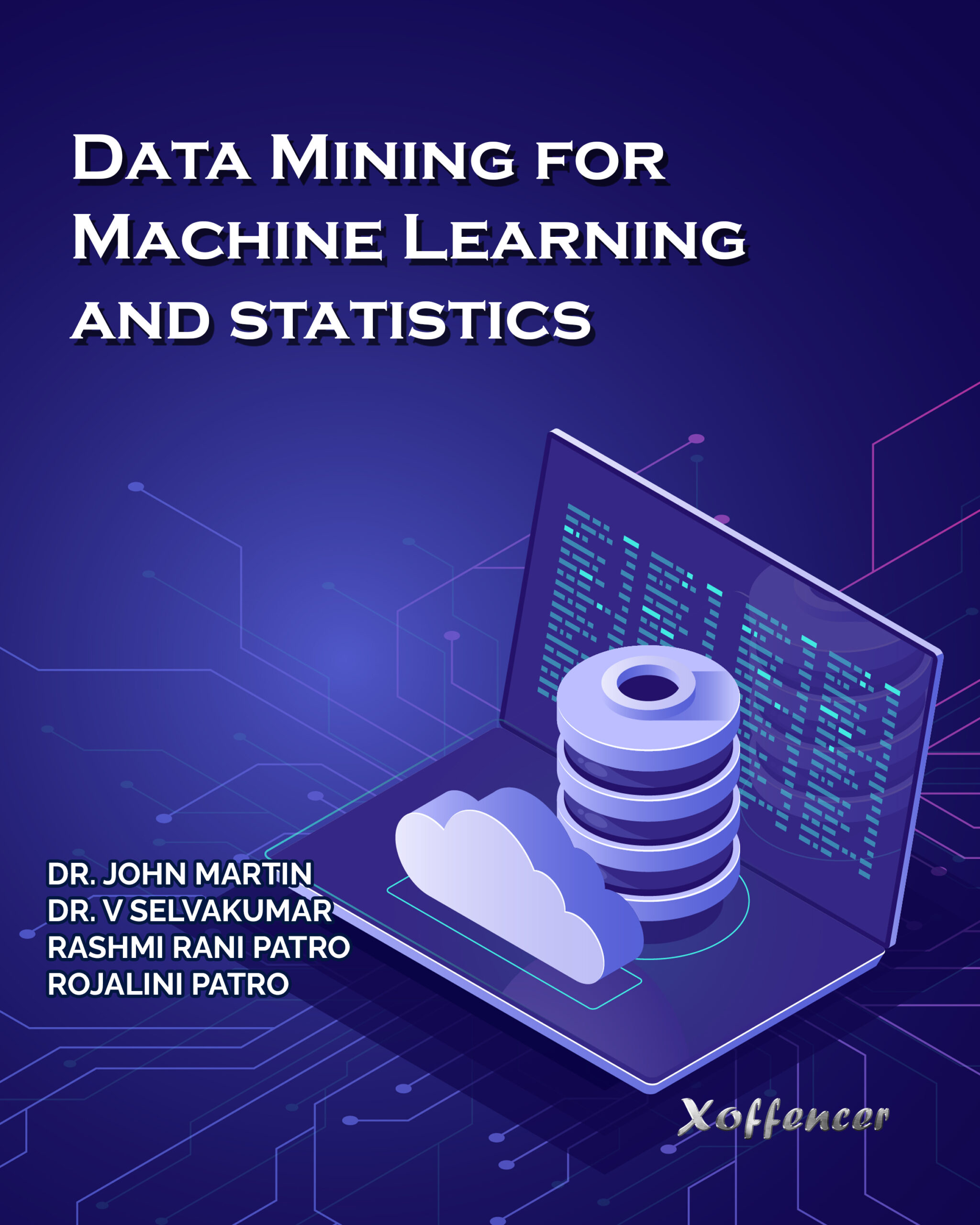

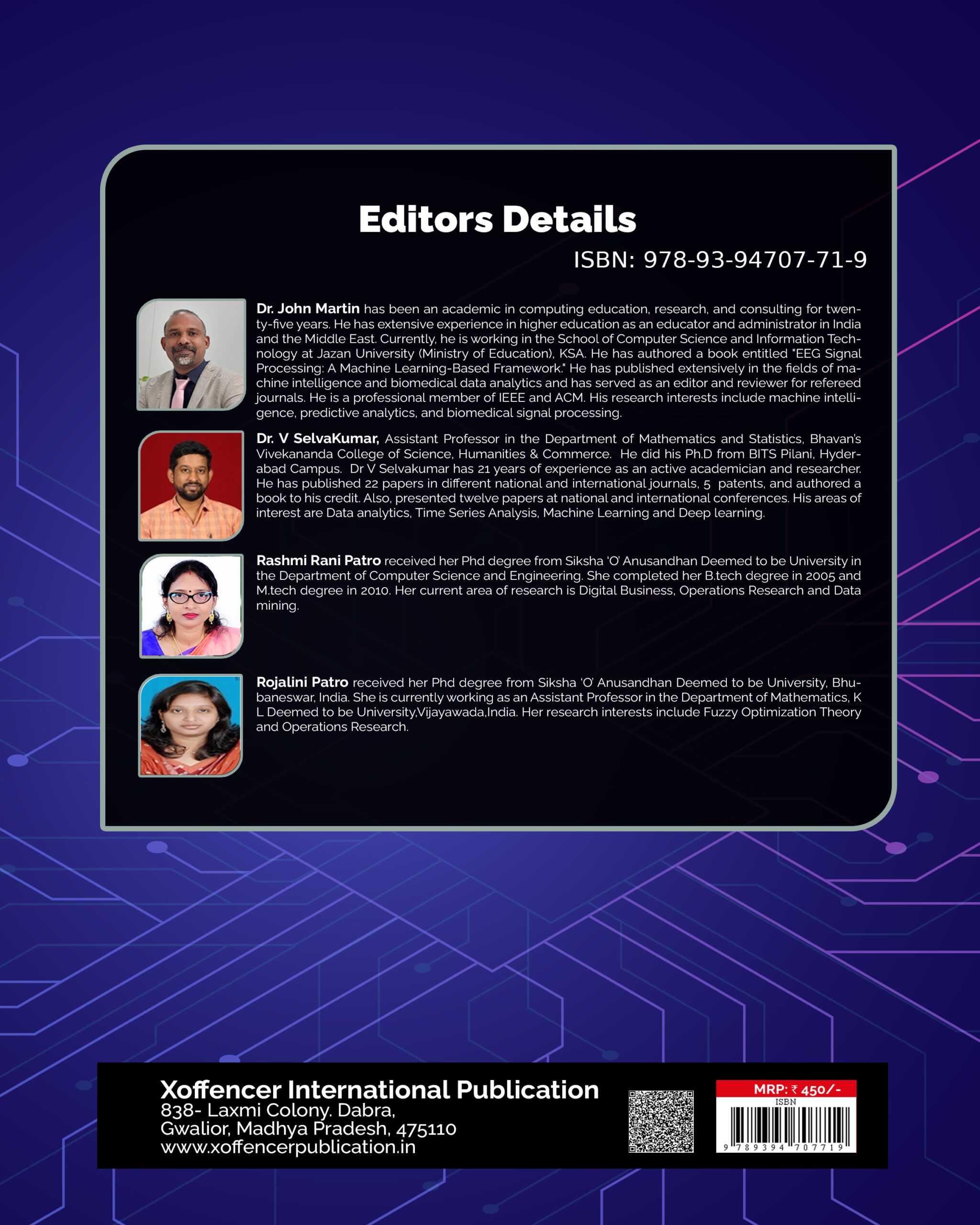
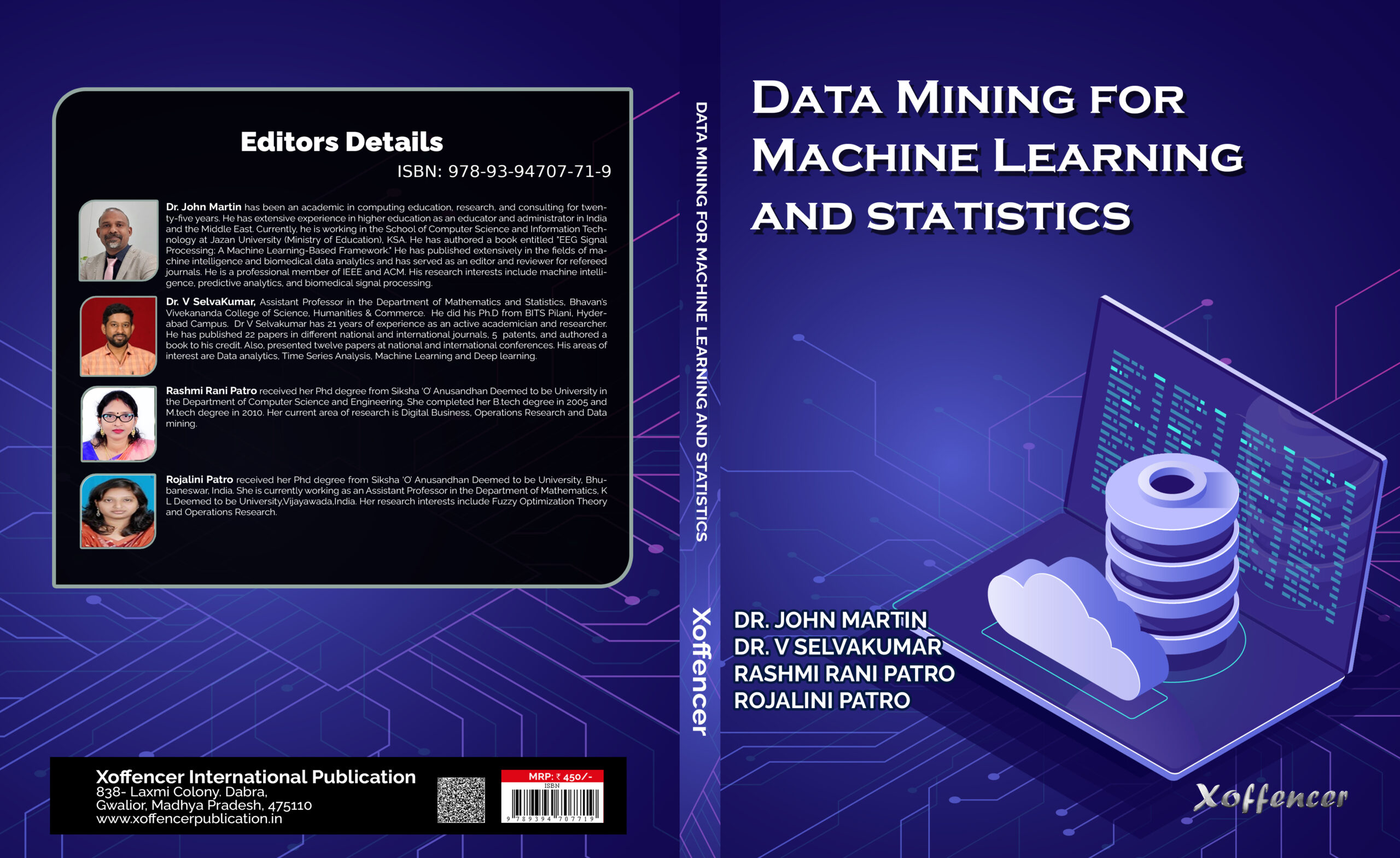







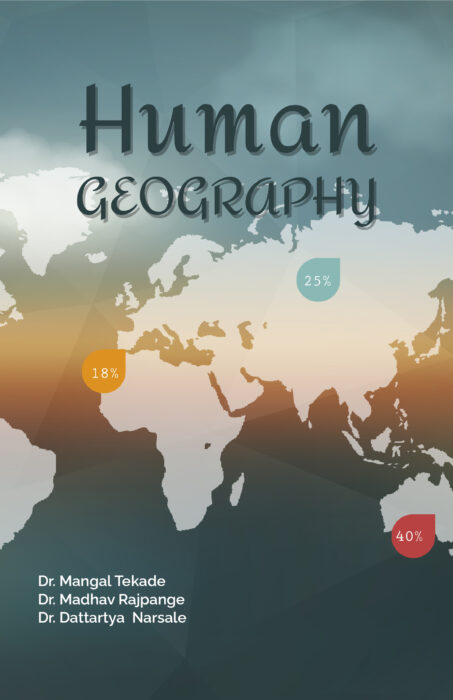
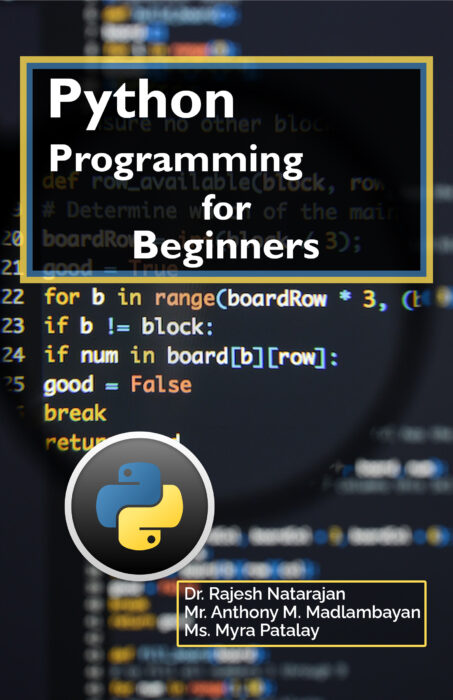
Reviews
There are no reviews yet.